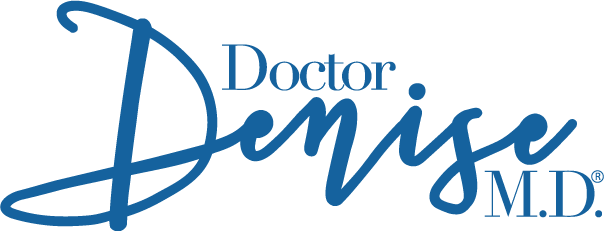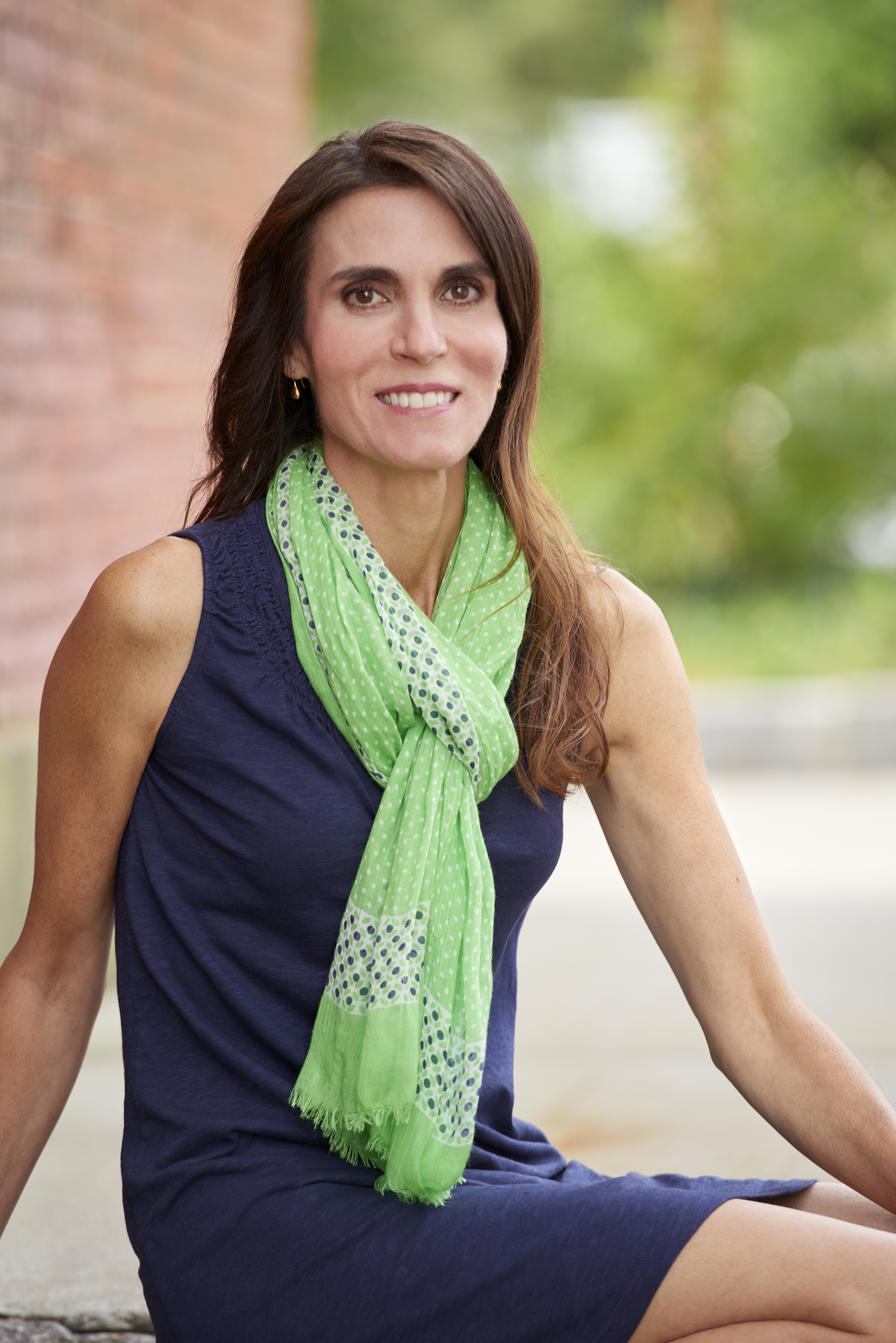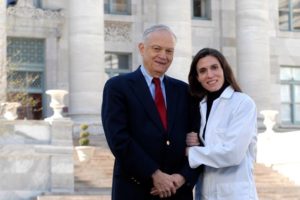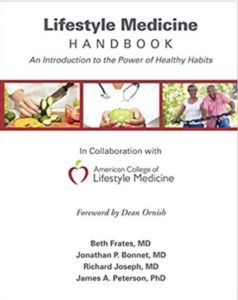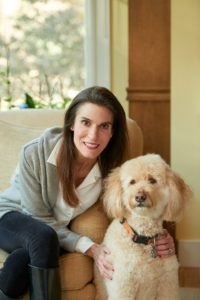BE Inspired by Life Style Medicine Pioneer, Beth Frates M.D.
Who inspired Dr. Beth Frates to passionately pursue lifestyle medicine? How does she empower her patients? What motivates her to stay on track with her optimal health plan? This interview takes you through the steps to ENVISION optimal well-being to BE AWARE and then TAKE ACTION!
Listen here:
Guest Commentary
Beth Frates, M.D.
The “COACH APPROACH”
“Do this, not that!” This type of demanding dictator approach does not empower people to make sustainable lifestyle changes. People need to exert their own autonomy, feel a connection with another person, and feel competent in order to stay motivated to make change and meet goals. This is described in Ryan and Deci’s self-determination theory. Instead of the demanding dictator approach, the COACH approach is more effective when working with people who are trying to lose weight, start an exercise program, . This approach uses collaboration and negotiation to help people identify their own motives to make a change and to craft SMART Goals that are Specific, Measurable, Action Oriented, Realistic, and Time-sensitive. The COACH is a mnemonic that stands for
C = curious
O = open-minded
A = appreciative
C= compassionate
H= honest
When we are communicating with others and working to empower them to make healthy lifestyle changes, we must remain curious about the person’s motivations to change, their past successes as well as failures, their goals and their vision of themselves in the future. Then, whatever their answers, we must stay in a space of non-judgment and keep an open-mind. If we try hard enough, we can find something positive in what they are saying. We can appreciate any past successes or steps in the direction of healthy change. When people reveal their problems and vulnerabilities, we can express compassion and a strong desire not only understand but also to help. No matter what the situation, we must be honest. We can treat delicate matters gently, but we must tell the truth. When we embody these characteristics, we are “being” a helpful coach. These are the “being” qualities of a coach.
“Being” coach like is important and “doing” the work of a coach is equally important. The doing follows a five collaboration cycle which can be used in any situation requiring teamwork. Here are the 5 steps
- Express empathy
- Align motivation
- Build confidence
- Set SMART goals
- Set accountability
The first thing we need to do when working to empower someone to change is to express empathy. Listen carefully to not only the words they are saying but also their body language, tone of voice, and facial expressions. This helps you to fully understand the person in front of you. After you have expressed your empathy by reflecting what the person said to you and saying “It sounds like you had a really hard time when your father died,” or something that accurately recaps what they shared with you. The next step is to ask the person, “What makes you want to make this change now?” Let them speak. People like to be heard. After they have determined their motivators for change, then it’s time to build their confidence so that they are empowered to make the change. This can be accomplished by asking them to list their strengths and if they can’t so that then invite them to tell you about a time when they were successful reaching a goal. Again, listen carefully and help the person identify their strengths from their story. The fourth step is to help the person create their own meaningful goal that is specific, measurable, action oriented, realistic and time sensitive such as “I will eat healthier this week by cutting out sweets and replacing cakes, cookies, and candies after dinner with a piece of fruit.” And, the final step is to set accountability. Make sure to set a time for another check in either in person, by email or text when the person will report to you how they did. When they do report back, the cycle starts again and the first thing you do is express empathy.
This COACH Approach can be used with colleagues, friends, and family members who long to make a change in their lifestyle. It can also be used for meeting goals outside of lifestyle too. The approach is a collaborative way to help people take steps towards the best version of themselves at work or at home.
Beth Frates, MD, is trained as a physiatrist and a health and wellness coach. Her expertise is in lifestyle medicine, and she works to empower patients to reach their optimal level of wellness by adopting healthy habits. Elected to the Board of Directors of the American College of Lifestyle Medicine (ACLM) in 2016, Dr. Frates is helping to shape the scope of this new specialty. She is an award-winning teacher at Harvard Medical School and developed and taught a college lifestyle medicine curriculum at the Harvard Extension School, which is one of the most popular courses offered at the school. As the Director of Wellness Programming at the Stroke Institute for Research and Recovery at Spaulding Rehabilitation Hospital, Dr. Frates has created and implemented a twelve-month wellness program for stroke survivors and their caregivers. She is co-author of the book, Life After Stroke: TheGuide to Recovering Your Health and Preventing Another Strokeand co-author of three chapters on behavior change in different medical textbooks, and multiple journal articles on lifestyle medicine topics including exercise prescription, connection prescription, lifestyle medicine case series, and walking meeting for sustained weight loss. She shared a lifestyle medicine syllabus, which can be downloaded through the ACLM website, in hopes that her work can serve as a template for other instructors and professors hoping to teach a course in lifestyle medicine. Dr. Frates is the co-author of the Lifestyle Medicine Handbook: An Introduction to the Power of Healthy Habits.For the past 9 years, Dr. Frates has been the faculty advisor for the Lifestyle Medicine Interest Group at Harvard Medical School, and she works with the Professionals In Training (PiT) group at ACLM to help create more LMIGs in medical schools and other health care professional training schools. Dr. Frates is passionate about developing programs focused on lifestyle medicine and wellness.
